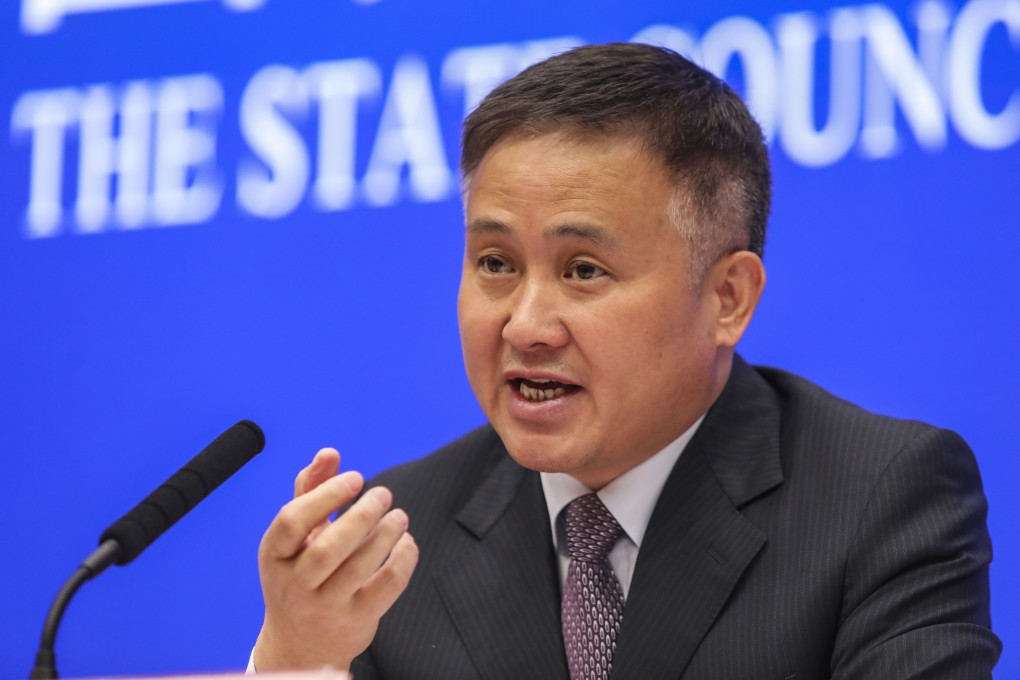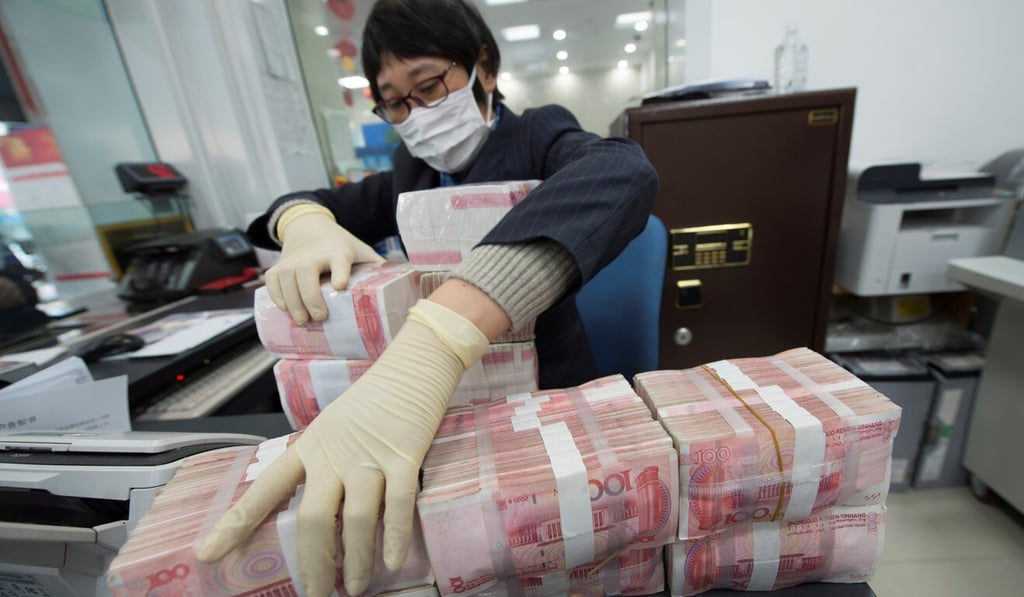Wealth Management Connect and southbound Bond Connect schemes to start in next few days, PBOC deputy governor says
- An aggregate quota of 300 billion yuan (US$46.47 billion) in fund movement will be allowed under the Wealth Management Connect
- Upcoming launch of southbound Bond Connect link will complement the northbound route launched in 2017

Two long-awaited cross-border investment schemes – Wealth Management Connect and the southbound leg of the Bond Connect – will be launched in the next few days, Pan Gongsheng, deputy governor of People’s Bank of China, said on Thursday.
“The two schemes will officially start operating within the next few days,” he said, without giving an actual date.
This marked the first time a senior official has mentioned a timing for the launch of the two long-awaited schemes to further integrate the mainland Chinese and Hong Kong markets and promote cross-border trading. These will follow the successful launch of the two stock connect schemes that linked the stock markets of Hong Kong with Shanghai and Shenzhen in 2014 and 2016, respectively.

The Hong Kong Monetary Authority said it will announce “implementation details” of the Wealth Management Connect at a press conference at 4pm on Friday.